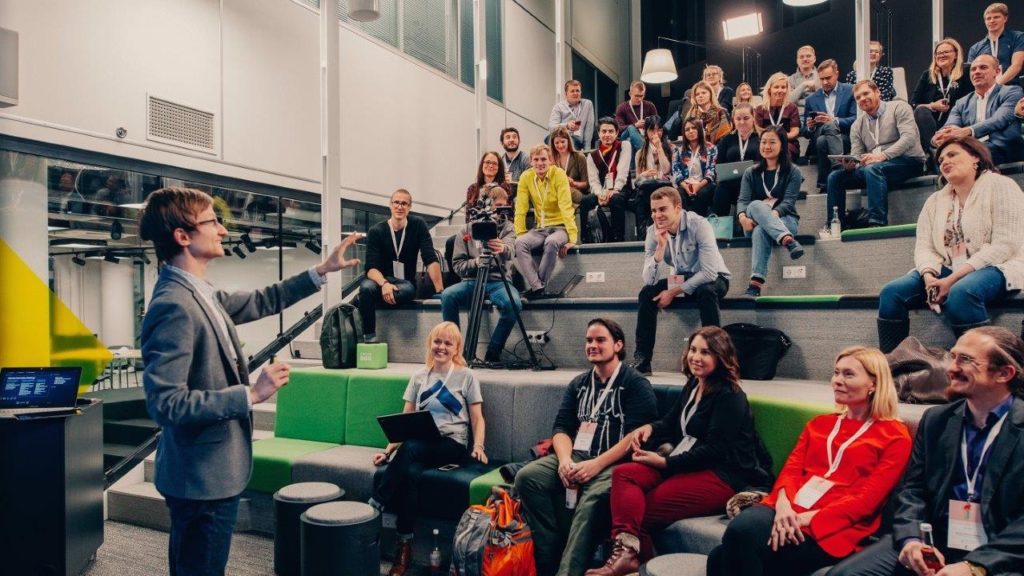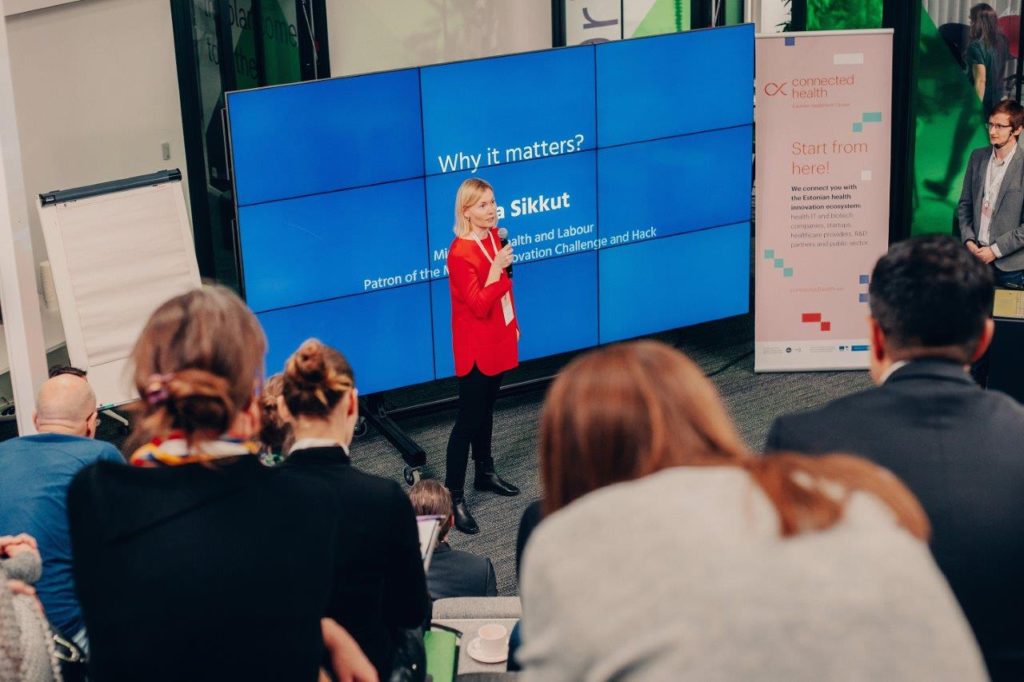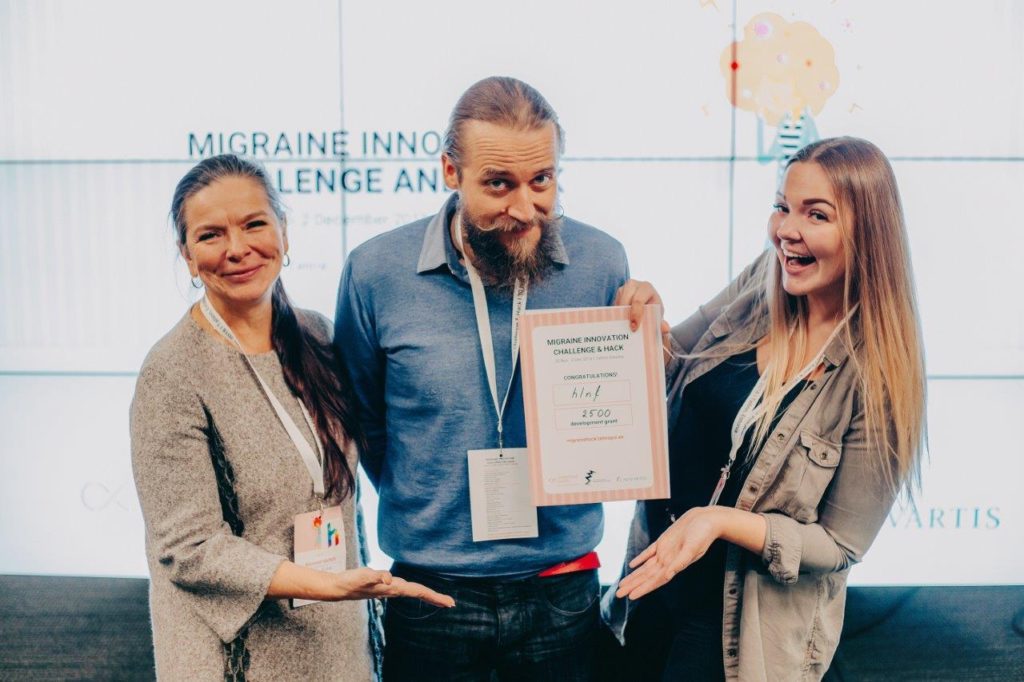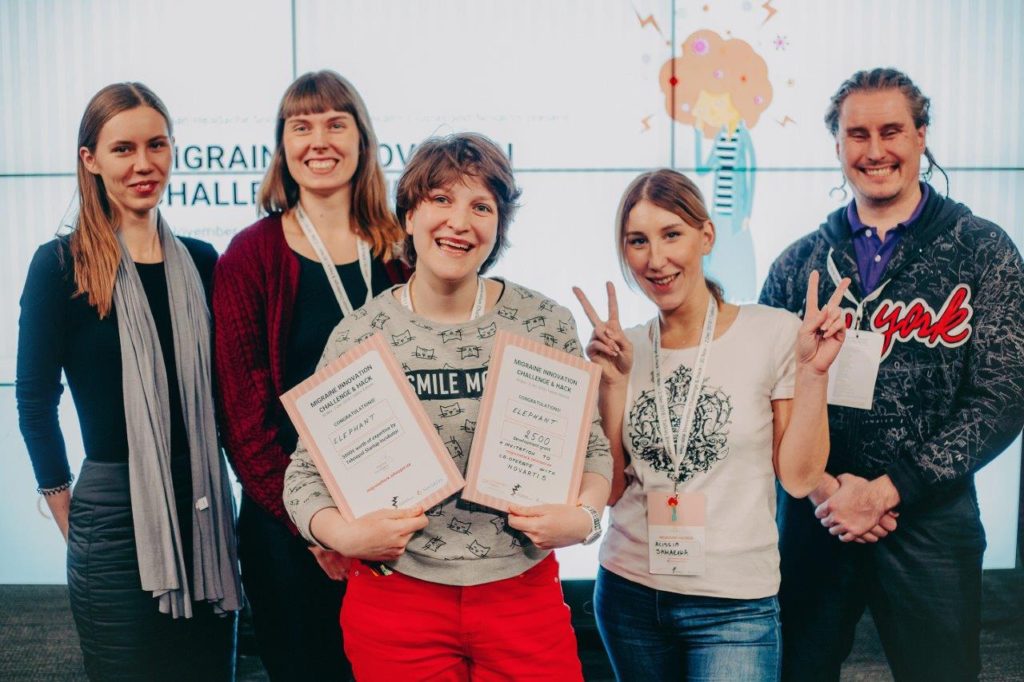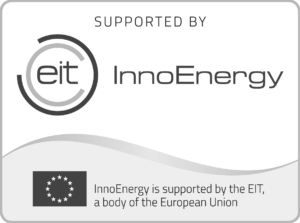04.12.2018
Smart digital solutions make it easier to diagnose and treat migraines in the future
During the Migraine Innovation Challenge and Hack, held in Tallinn last weekend, 43 participants worked on ten different ideas for solutions to make the lives of people living with migraines more comfortable and ease their communication with healthcare professionals.
Migraine is the most common and costly neurological disease, suffered by 25% of women and 10% of men in Estonia and one billion people in the entire world. Migraines mainly affect young working-age adults and women of childbearing age, whose quality of life is notably reduced by the illness. At the same time, most of those suffering from migraines do not seek help from the healthcare system and their illness has not been diagnosed or treated.
According to Kitty Kubo, innovation lead of the Connected Health Cluster and the main organiser of the hackathon, the idea of the event was to gather the owners of the problem – people living with migraines and healthcare professionals – and the startups, designers and IT developers, who are interested in resolving the problems. This time, the group of participants was truly international: besides Estonia, there were hackers from China, Latvia, Lithuania, Mexico, Germany, Egypt, Spain, Finland, Ukraine, for example. One team from Columbia attended the hackathon virtually.
(Picture: patron of the competition Riina Sikkut)
“Migraines, as well as other chronic diseases, require cooperation between the patient, their close ones and the doctor. This is why I am pleased that there were so many people living with migraines participating in the hackathon, who helped to design patient-centred and easy-to-use solutions, which we can deploy in the Estonian healthcare system,” Riina Sikkut, patron of the competition, Minister of Health and Labour said.
An international jury decided to recognise three ideas for solutions. Development grant of EUR 5000 was divided between the Estonian digital health startup hINF and the international team Elephant Diary, formed during the hackathon. Elephant Diary was also awarded the special prize of Tehnopol Startup Incubator – 6 months of incubation. The Estonian digital health startup MedAid was awarded 12-months’ free membership in the Connected Health cluster for further development of their solution with the support of the health technology network.
(Picture: hINF)
According to Dr Mark Braschinsky, president of the Estonian Headache Society, chairman of the jury and initiator of the competition, many really smart solutions were created during the hackathon and the Estonian Headache Society will make every effort to ensure that the solutions declared as the best are made available to the doctors and patients as soon as possible.
(Picture: Elephant Diary)
“For us, it is important to support different innovative solutions which help people living with migraines to find the right doctor and treatment as quickly as possible and avoid side effects caused by the overconsumption of medicines. It is amazing to see how in just 48 hours, people can work out solutions for diagnosing migraines better, for improving communication between the patient and the doctor as well as for further treatment,” Kadri Lauk, head of the Novartis Estonian division said.
Ideas for solutions developed during the hackathon:
hINF is a communication platform between care team and patients, which helps to gather and share migraine-related information by using machine learning and a chatbot. The Chatbot gathers data about the condition of the patient. In addition, the solution offers a possibility to replace 70% of visits with virtual communication. During a digital visit, the patient as well as the doctor can see the data gathered by the chatbot in an easily apprehensible visual form.
Elephant Diary is developing a user-friendly headache diary for a person with migraines, which gathers a sufficient amount of data so that the doctors can diagnose the migraine or refer the patient to a specialist, thus saving time. The solution makes it very easy for the patients to save data on their migraines. Furthermore, the application enables one to put one’s phone on a so-called migraine mode, which cancels the meetings booked in the calendar and sends a message to the close ones in the case of a migraine attack.
Medaid is developing an intelligent communication channel between patients and doctors, with the help of which the patient can assess their condition and the doctor will get a quick overview of the data of the patient and effectiveness of treatment.
Migic is an AI-solution based on voice recognition, which helps patients keep diaries of their illness, thereby saving their time. The solution offers API for different IoT devices and enables the patient to use the app in their mother tongue.
DecDoc is a tool for family physicians, which simplifies diagnosing the migraine and documenting the health file. The solution uses specific questionnaires for assessing the patient’s condition.
MigrainED is developing an evidence-based and inclusive visual educational content, to enable the patients to understand their condition more easily and cope with it.
Minudoc is developing a platform for video consultations, so that the patients can communicate via video with the respective doctor within 4 hours. Already before the visit, the patient can enter information about themselves so that during the consultation it is possible to only concentrate on what is important.
Chameleon is developing a solution, which makes diagnosing migraines easy, in order to distinguish a migraine from an ordinary headache. Migraine is often confused with another disease and this is why it is not diagnosed on time. With a specific solution, the tool measures the size of the pupils of the patient and diagnoses the migraine with aura with the help of different medical tests.
Brain Candy is developing a novel cloud software for patients and a desktop view for doctors to give them a quick visual overview of the patient’s condition and to adapt it based on the real-time data. The solution uses Google Healthcare and API and G Suit for obtaining and exchanging the data.
BrainVoice is developing a mobile app, which enables one to change the mobile phone’s settings during the migraine and make smart home solutions more comfortable for the person, for example by dimming the room lighting or completely shutting the lights off.
The initiator of the competition is the Estonian Headache Society, the organiser is the Estonian health technology cluster Connected Health, managed by the Science Park Tehnopol, and the supporter is Novartis.
More info migrainehack.tehnopol.ee
(Photos: Vladislava Snurnikova Photography)


